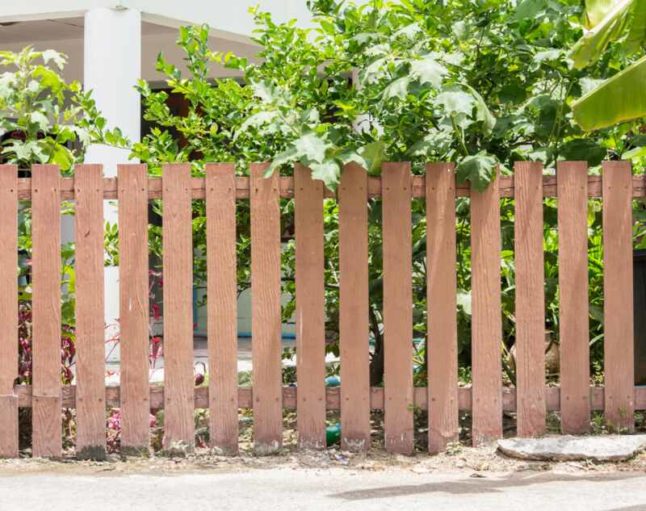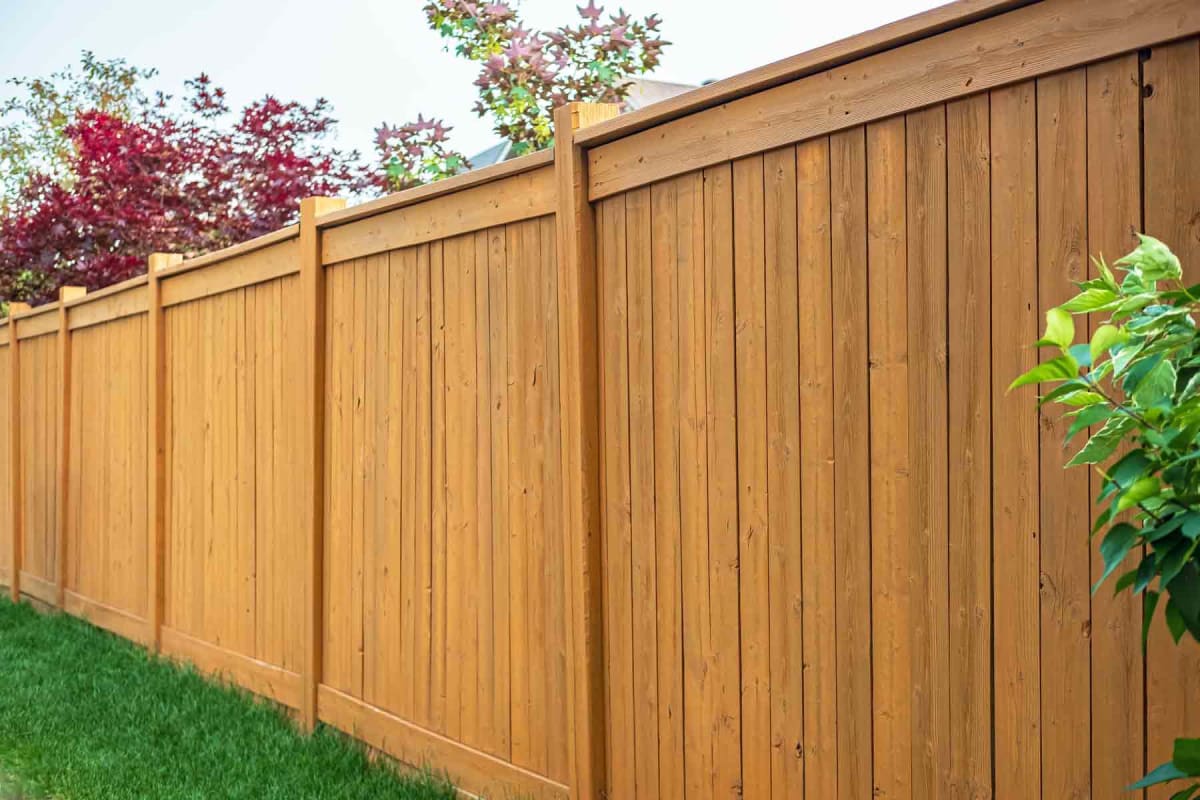All Categories
Featured

When setting up a fence, picking the appropriate material is key to stabilizing performance, looks, and budget plan. Timber, vinyl, and light weight aluminum are among one of the most frequently selected fencing products, each with its strengths and drawbacks. This guide discovers the pros and disadvantages of these alternatives to aid you make a notified choice.

Timber Secure Fencing. Pros:. Natural Elegance: Wood's timeless charm can improve any kind of building with its warm and traditional look. Adjustable: You can repaint, stain, or sculpt wood to fit your style choices. Affordable: Timber fencing is at first more affordable compared to some various other materials. Eco-friendly: As a renewable energy, timber is biodegradable and commonly taken into consideration environmentally friendly. Cons:. Maintenance-Intensive: Routine sealing, painting, or staining is needed to avoid damage from weather condition and insects. Prone to Decay: Without correct treatment, timber can rot, warp, or split in time. Shorter Life-span: Usually, timber fences last 10-15 years, relying on the sort of timber and upkeep. Timber is an excellent alternative for those that value appearances and agree to spend in routine maintenance to protect its appearance and longevity.
Vinyl Secure Fencing. Pros:. Reduced Upkeep: Vinyl requires marginal care-- simply periodic cleaning with soap and water. Climate Resistant: It does not warp, rot, or catch insect damage, making it very durable in various environments. Long life: Vinyl fencings can last 20-30 years with little to no repair services. Design Range: Available in a wide array of designs, textures, and colors, consisting of wood-like looks. Disadvantages:. Higher Initial Cost: Plastic fencings are extra pricey in advance compared to wood. Vulnerability to Cold: In exceptionally chilly weather condition, plastic can end up being vulnerable and weak to cracking. Limited Repair Service Options: Matching substitute panels can be testing if damages happens. Plastic secure fencing is suitable for home owners trying to find a resilient, low-maintenance remedy that provides modern adaptability.

Aluminum Fencing. Pros:. Rust-Proof: Aluminum withstands corrosion, making it an excellent option for damp or moist settings. Resilient: Regardless of being lightweight, light weight aluminum is strong and can endure severe weather. Reduced Maintenance: It needs very little upkeep, normally only occasional cleaning. Long Lifespan: Light weight aluminum fencings can last years without significant wear and tear. Sophisticated Style: Commonly made use of for ornamental objectives, light weight aluminum fence adds a smooth, sophisticated appearance to homes. Disadvantages:. High Initial Financial investment: Aluminum fences are amongst the pricier options on the marketplace. Much less Privacy: The open styles typical with light weight aluminum secure fencing do not offer much personal privacy. Susceptible to Damage: While resilient, aluminum can damage if hit with enough pressure. Light weight aluminum is an excellent choice for property owners prioritizing appearances and longevity without needing much upkeep.
Making Your Decision. When making a decision between wood, light weight aluminum, or vinyl secure fencing, consider your top priorities:
Timber fits those who value a natural appearance and do not mind placing in upkeep effort. Plastic is the most effective option for those seeking a low-maintenance, weather-resistant option. Light weight aluminum provides smooth design and durable longevity however may lack privacy. By thoroughly assessing these products' attributes, you can select a fencing that matches your residential property while meeting your functional and visual demands.
Latest Posts
Explore Special Auto Repair Offers in Chicago at Montclare Auto Repair
Published May 28, 25
1 min read
Discover the Premier Auto Repair Deals in Montclare, Chicago
Published May 27, 25
1 min read
Check Out Top Vehicle Maintenance Solutions at Montclare Auto Repair – Quality Service Today
Published May 26, 25
1 min read
More
Latest Posts
Explore Special Auto Repair Offers in Chicago at Montclare Auto Repair
Published May 28, 25
1 min read
Discover the Premier Auto Repair Deals in Montclare, Chicago
Published May 27, 25
1 min read
Check Out Top Vehicle Maintenance Solutions at Montclare Auto Repair – Quality Service Today
Published May 26, 25
1 min read